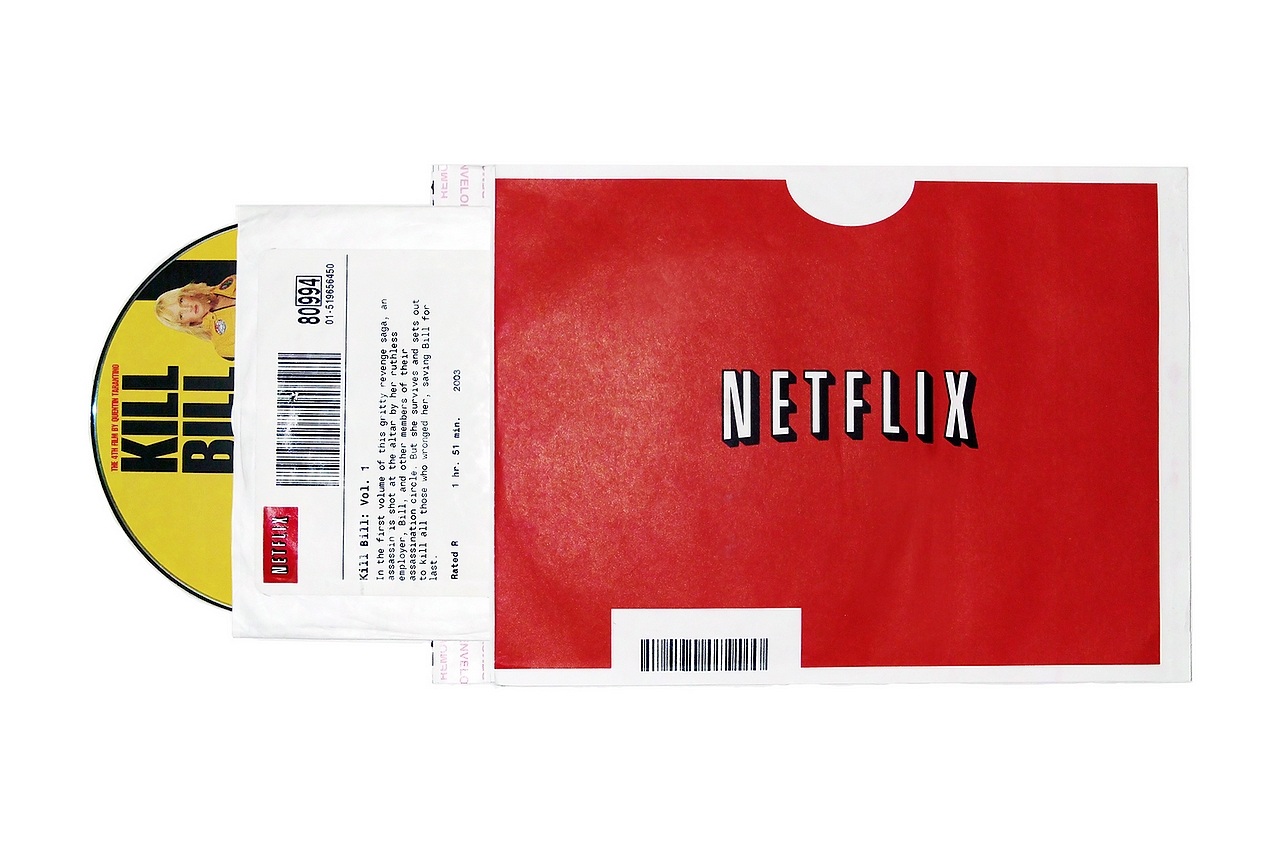 Television was once the newest medium on the block. Decades after other forms of entertainment like radio and film, TV gained its prominence in the mid 20th Century, as alternative and oft-times complement to radio. Soon after, as sets became more affordable and more technologically advanced, one could find a television, and people in front of it, in nearly every home in America. Responding to such demand and popularity, studios and networks began producing programming to match the promise of entertainment for these talking boxes, expanding the platform from its original few hours of content to hundreds of channels and endless media, in our present time.
Television was once the newest medium on the block. Decades after other forms of entertainment like radio and film, TV gained its prominence in the mid 20th Century, as alternative and oft-times complement to radio. Soon after, as sets became more affordable and more technologically advanced, one could find a television, and people in front of it, in nearly every home in America. Responding to such demand and popularity, studios and networks began producing programming to match the promise of entertainment for these talking boxes, expanding the platform from its original few hours of content to hundreds of channels and endless media, in our present time.
Since then, television as the sort of new and personal form of entertainment, became a respected institution in its own right, but one noticeably separate from the glamour of film. In fact, television was seen as the stepping stone for film, a sort of audition in which actors would prove their worth and transition to film as a result of their merit and/or popularity. Similarly, those who had achieved success on the silver screen and then transitioned to television were perceived as struggling and/or unsuccessful. Movie stars simply did not do television–the media were separate and exclusive, with the former considered better than the the latter. That is not so much the case anymore.
Today, television is holding its own, carving a space that will be remembered with awe and excitement. With more daring, creative scripts, large budgets, diverse talents, highly skilled directors and new ways of presenting (such as Netflix and Amazon Prime) television is in vogue, with some arguing that its relevance has eclipsed that of the traditional movies we pay top dollar to see in theaters. While I think the theory is too far of a reach, I think those who postulate such mean that television is in no way inferior to film–the small screen isn’t so small anymore, particularly in our flatter, increasingly global world, where anything and everything can easily be accessed online.
Kyle Buchanan writing for Vulture had this to a couple years ago about the topic: “Why would you worry about a film career when TV can now offer greater acclaim and bigger audiences?” It certainly seems that way for some of the industry’s best talents. Consider Orange Is The New Black’s Uzo Aduba, who plays the character Suzanne “Crazy Eyes” Warren in the award-winning Netflix series. I doubt anyone would argue that she has not become a massive star, alongside the likes of some of the biggest names one can recall from the big screen, despite having never acted in a film.
Similarly, a gamut of stars have turned to television from movies to find their stars shine even brighter, rather being dimmed. Take Oscar winner Matthew McConaughey for example, whom Kyle also mentions in the article, who transitioned to a role of even greater acclaim in the HBO series, True Detective, which he also produced. Or Oscar nominated star, Viola Davis, whom I mentioned last month but at the height of her career, following a nomination for The Help, made a break into television and began seeing more success than anytime in her career.
Of course, these two stars can and have returned to film at any time, just like Uzo Aduba will be making her debut this coming year, but it’s not a necessity, it’s an option. Movies are no longer the culmination of an acting career but another texture, rather another shade of the same color, for many of today’s stars. And that’s a good thing.
